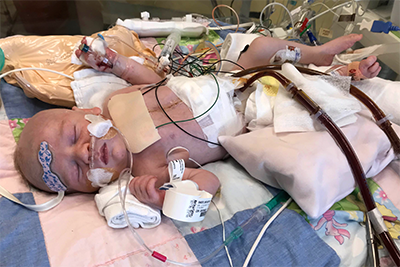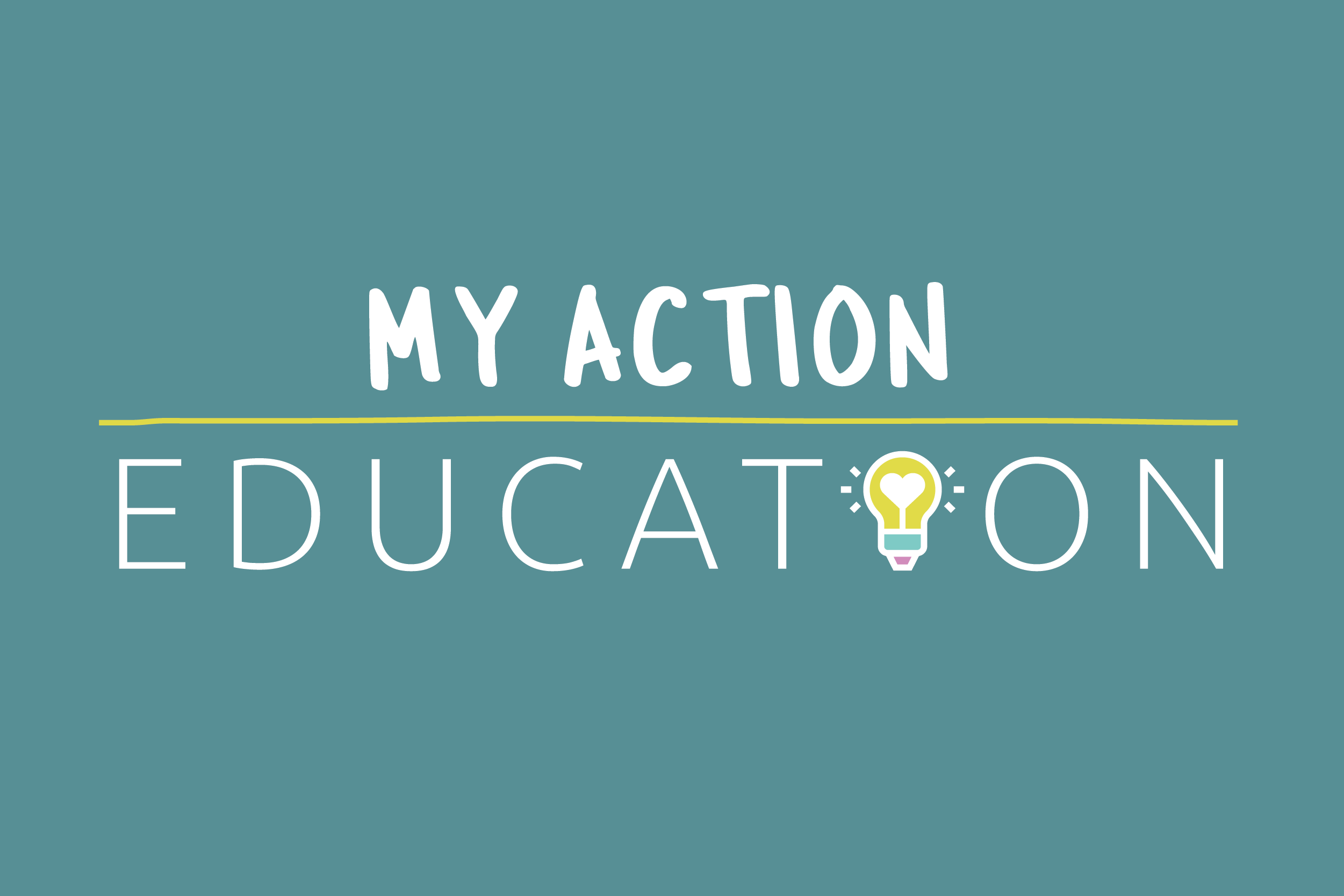Adult & Pediatric
What is it?
People can be born with heart defects. This means that during fetal development something in the heart did not form correctly, and it is called Congenital Heart Disease (CHD). The heart defect can make it harder for the heart to pump blood and deliver oxygen to the body. Most the time, CHD can be palliated with surgery, but there are times when the heart disease is not able to be treated with a routine surgery or the attempted surgery is unsuccessful. In these cases, the child or adult will need advanced cardiac care such as a Ventricular Assist Device (VAD) or a heart transplant.
Who does it affect?
An estimated 1 in 100 people are born with heart defects in the United States alone. Babies and children with CHD are treated by pediatric cardiologists and surgeons who manage the health of their heart. Both children and adults who are born with heart defects are at high risk for developing heart failure. Heart failure occurs when a dysfunctional heart is no longer able to circulate blood and oxygen to keep up with the body’s demands and leads to cardiac signs or symptoms such as difficulty breathing, poor appetite or vomiting.
How is ACTION helping?
We bring healthcare experts, patients, caregivers, researchers, and industry members to work together to harmonize care practices, develop new care models, perform research and educate patients, caregivers, and providers and to ultimately improve CHD patient outcomes.
We also help adults with congenital heart disease (ACHD) who develop heart failure. Their condition can be severe, debilitating and even life-threatening. Heart failure in adults with congenital heart disease remains poorly understood and the evidence to guide management and therapies is quite limited.
We study the different methods of care for children and adults with CHD to improve quality of life. Our community has studied the care practices and the use of Ventricular Assist Devices (VADs) with pediatric CHD patients to solidify referral practices, collaborative care, and to better understand the impact on reducing clinical deterioration and prolonging transplant waitlist survival.
By working together, we will better understand how to manage these conditions and achieve better outcomes for all CHD patients.
Who is ACTION working with on this?
We are collaborating with Children’s Cardiomyopathy Foundation, Enduring Hearts, Transplant Families, Cardiac Networks United, Pediatric Heart Transplant Society, among others.


